Back in Paleozoic times, when I was in college, my friend Antonia and I would regularly stop at a diner (one made famous on Seinfeld) for some post-class fries. It would be around 5 PM and invariably, as we slid into our vinyl booth, we’d have a table full of elderly folk behind each of us, digging into their early-bird specials.
We’d smugly assume their lives were so small that they had nothing to discuss but their state of physical disrepair.
Their conversations were virtually always a litany of bodily ailments, a word soup of:
Diverticulitis,
Rheumatoid arthritis,
Sciatica,
Stenosis . . . and other maladies.
Antonia and I would listen a bit, roll our eyes, and whisper, “Is that all old people can talk about—how their bodies are falling apart?”
We’d smugly assume their lives were so small that there was nothing to do but discuss their state of physical disrepair and try to outdo one another with ailments.
“I guess they don’t get out much!” we’d laugh.
I noticed the intense medical focus, too, when my older relatives would visit. The conversation between them and my parents would segue onto a health problem and stay superglued there. We didn’t have the expression WTF then, but that was the sentiment: Can’t these old folks find anything else to discuss?!
AHEM.
Read More: The Year I Realized That (Duh!) My Body Isn’t Invincible
Talking . . . and Talking . . . about Medical Issues
Fast forward 40 years, and here I am, no longer able to honestly say I’m at midlife unless I plan on being one of those Guinness-worthy World’s Oldest Humans. I am clearly slouching into old age and have all the trappings: the reading glasses, the osteoporosis infusions, the extra-creaky arthritic knees.
And guess what the conversations sound like when I meet friends for coffee or a cocktail:
Gall bladders,
Statins,
Polyps,
Pre-diabetes,
And worse.
Entire dinner conversations revolve around estrogen loss and joint-replacement possibilities.
Because here we are, at the age when our bodies are straining mightily against the consequences of time.
Entire dinner conversations revolve around estrogen loss and joint-replacement possibilities.
Even one marathon-running, ridiculously fit BFF has entered the era of much medi-speak. She and I were having dinner at a swanky French restaurant, surrounded by wooing couples drinking delightful-looking cocktails out of coupe glasses. The waiter came over to tell us about the special of the day, some steak frites variation, and then left us to go on a rant about our rising cholesterol counts.
“I almost never eat red meat or fried food,” my friend exclaimed. “Why are my numbers ticking up like this?”
“Saaaame,” I said. “I drink skim milk and eat nonfat yogurt, and mine is higher every minute. It’s our bodies, not our diet. It’s aging.”
And we were off to the races. All I know was by the time the check came, we were still at it, yakking about lipids. I didn’t dare make eye contact with the smitten young couple at the next table.
I’d crossed over into that realm of them-ness, obsessing over illnesses and ailments that were closing in on us.
So what’s a post-midlifer to do?
Why We Go On and On
My closest friends and I have discussed this because it pains us. Yes, our vanity is not insignificant. We don’t want to be those ladies describing and debating every medical complaint and procedure. Especially because, no surprise, there are more and more of them to discuss every year, like those calcium heart scans and the ongoing indignity of colonoscopies. (A full critique of prep options has already happened at the Thai place near St. Marks Place; apologies to anyone in earshot.)
We love and care about one another and want to share support and knowledge.
When I told one friend, after a 20-minute talk about heel pain, that I needed to shut up because I didn’t want to be one of those endless health haranguers, she told me, “Get used to it! It’s all downhill from here. We’ve gotta stick together and deal with it!”
There’s a real truth: We love and care about one another and want to share support and knowledge. The confessing of our bodily issues bonds us in this life stage.
Over the years, some of my friends and I have picked apart urinary tract infections induced by new partners, pregnancy and breastfeeding dramas, cancer scares and situations, and so forth. Of course we are there, in sickness and in health, for each other. With whom else are you going to talk to about some of these very intimate topics?
As one pal said to me, “This is the stuff of daily life now . . . and there’s a lot of it. Our bodies are changing as quickly as during adolescence.” The way she sees it, women our age get maybe five minutes to ask their GP and gyno questions. “So I figure these topics are exactly what friends are for—to listen, to care, to share our research and experiences, and to be there for one another,” she says.
Here’s How to Put a Sock in It
I couldn’t agree more. But still, I don’t want to be that woman who sits and talks varicose veins for hours—at least not out in public. Rather, I want to be blabbing about whether Daisy Jones and the Six mirrored the Fleetwood Mac story (not so much, in my book), how our kids are faring in the job market, and what the hell is going to happen in the next Presidential election.
Fortunately, my friends who have noticed the same hyper-focus on aging issues feel the same way. We’ve agreed on an “everything in moderation” approach.
One friend of mine, who’s dealing with a serious health crisis, finds it best to compartmentalize the discussion.
One friend of mine, who’s dealing with a serious health crisis, finds it best to compartmentalize the discussion. “I want my outings with friends to be fun, to distract me from what I’m navigating,” she says. Her new routine is to set the alarm on her phone for 15 minutes upon meeting a friend, and during that period, the words “infusion,” “scan,” and “biopsy” are thrown about with abandon. Then, she says, “Enough for now!” and we move on. Of course, I check in with her regularly about her health, but I respect that in-person meetups are not for (too much) medical-ese.
Another friend and I do our medical recapping before we get together. We have Friday phone calls while out walking our separate paths (thank you, relatively anonymous streets of NYC, where one can talk about almost anything without eliciting a passerby’s reaction). When we meet for a meal or a museum visit, other stuff is on the conversational menu.
So for now, the medical talk stays in its swim lane. We want the rest of the pool to be about connection, fun, adventure, ideas, love, and the other stuff of life. We’re hoping separation can stay in place for a long time to come.
Read More: I’ve Become a Filterless Freak—How Do I Get My Tact Back?

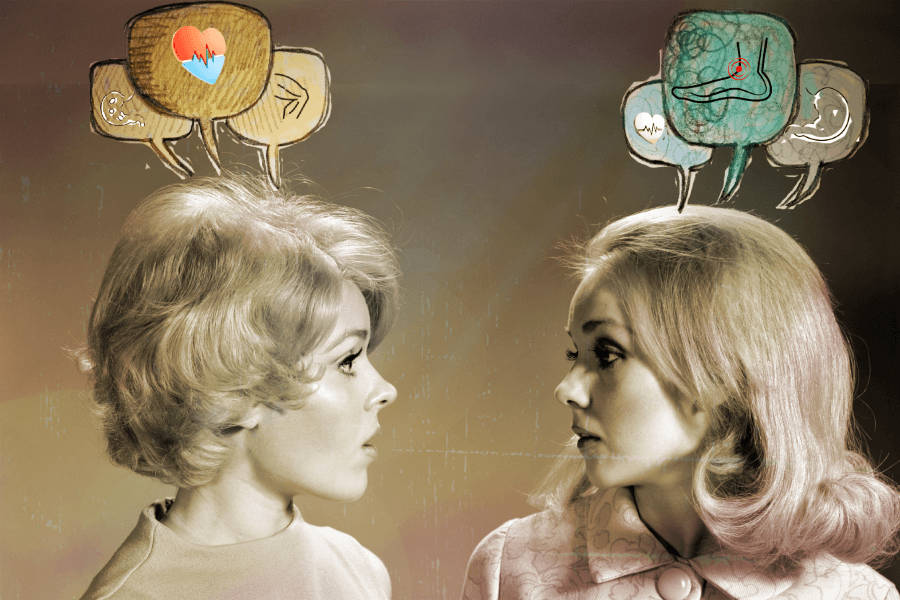

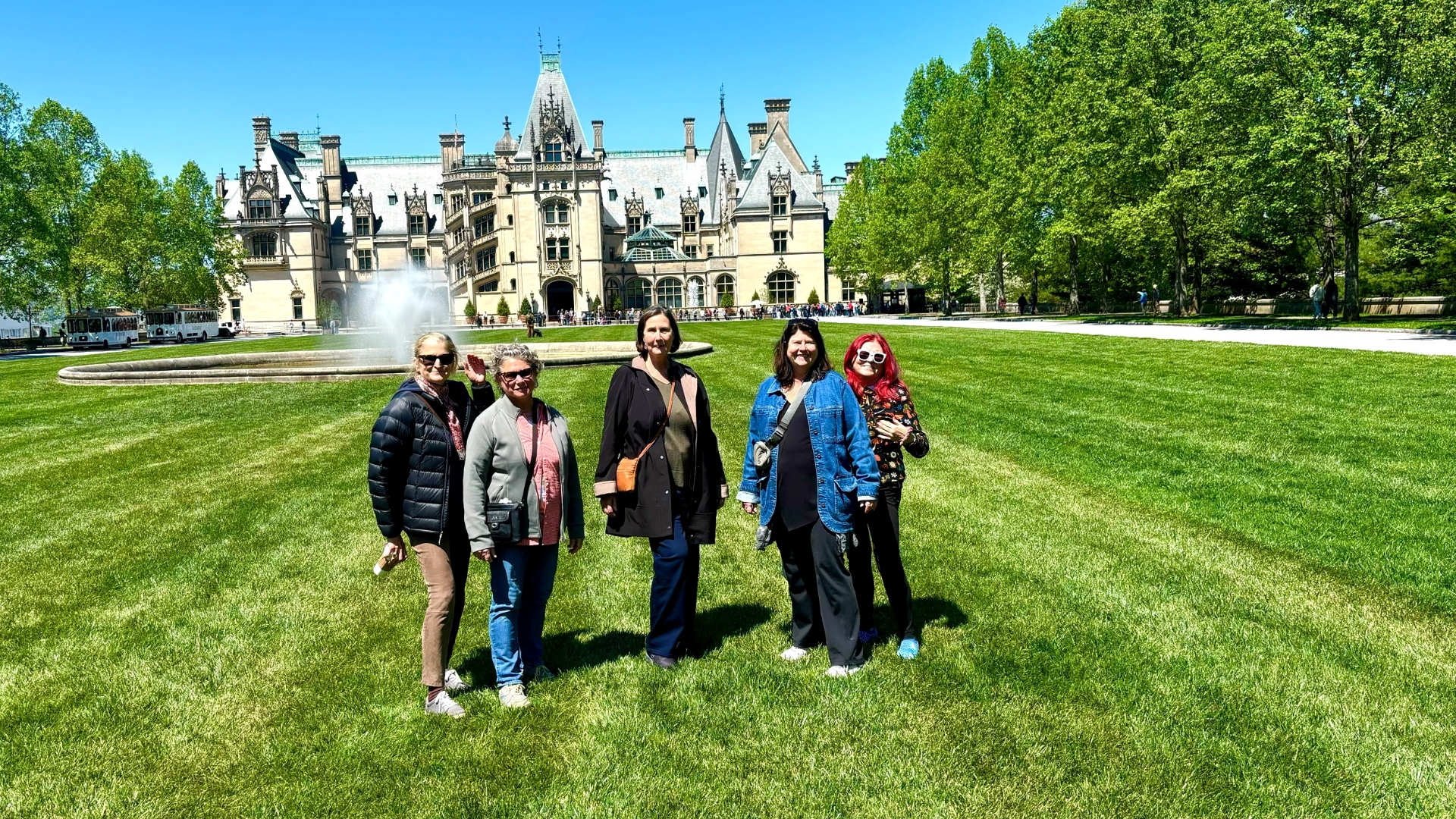
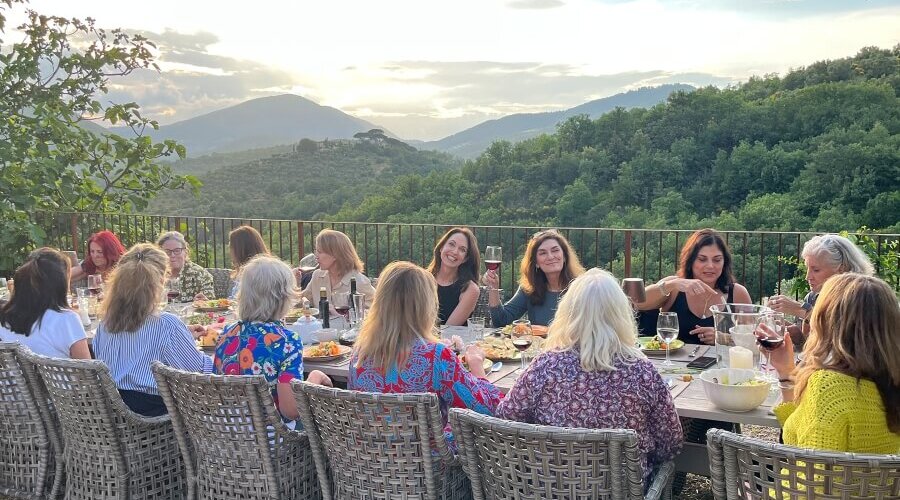





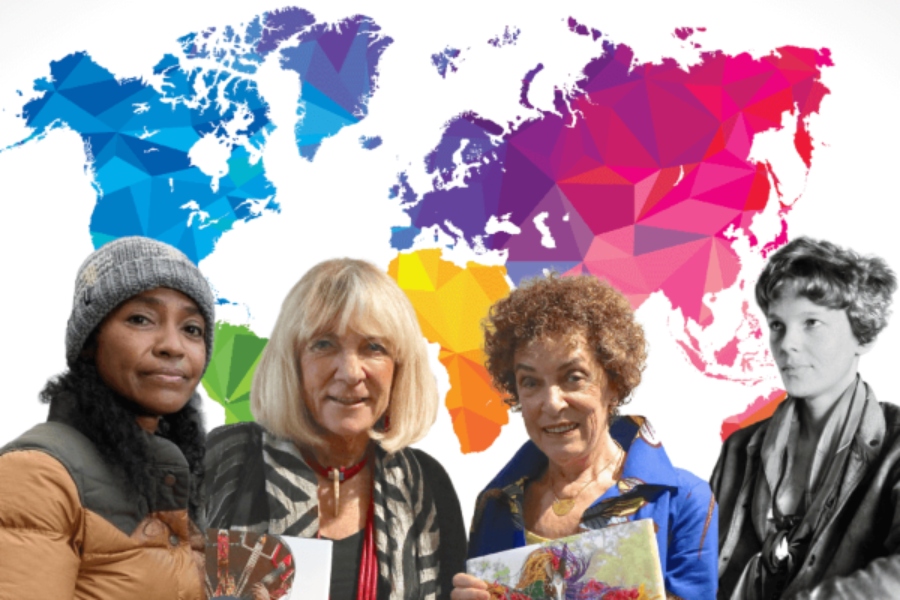
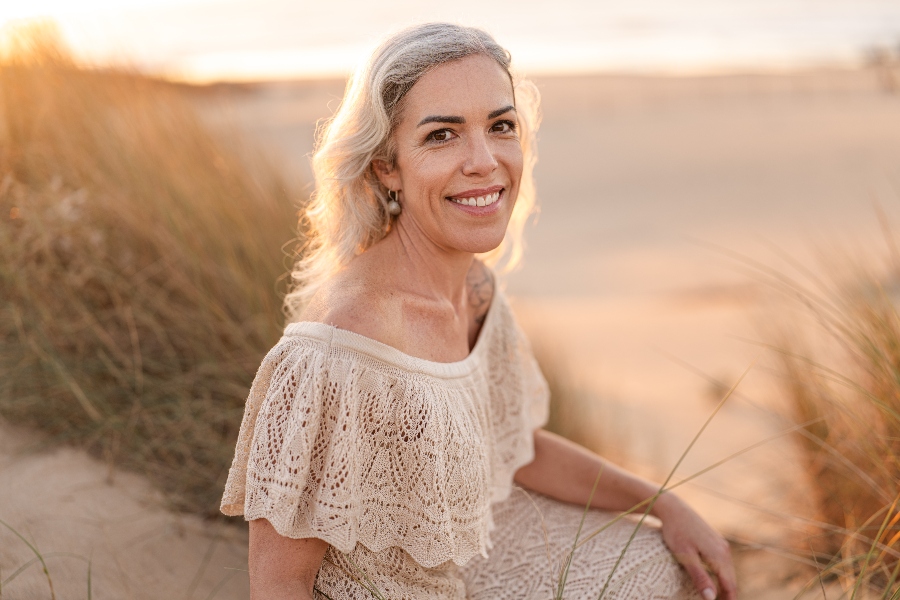


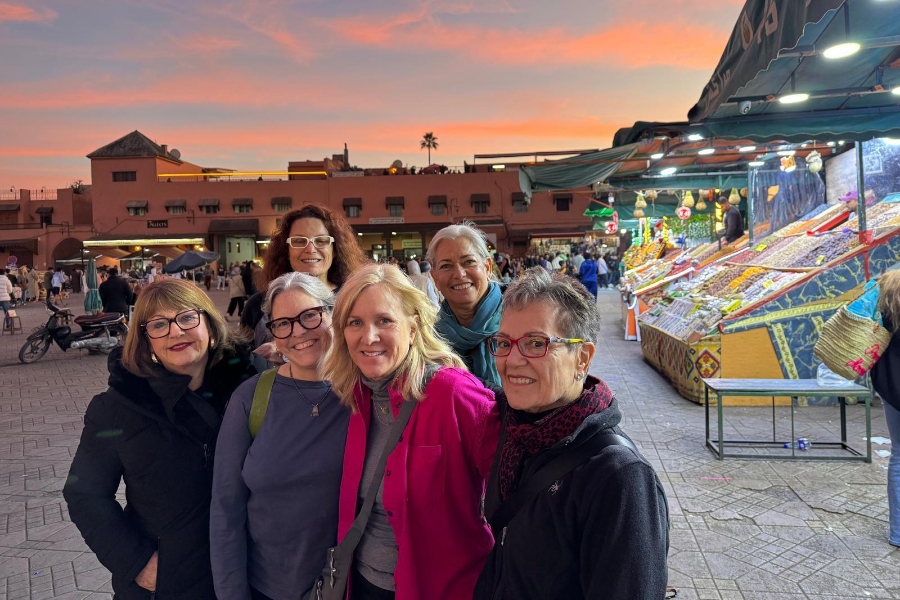



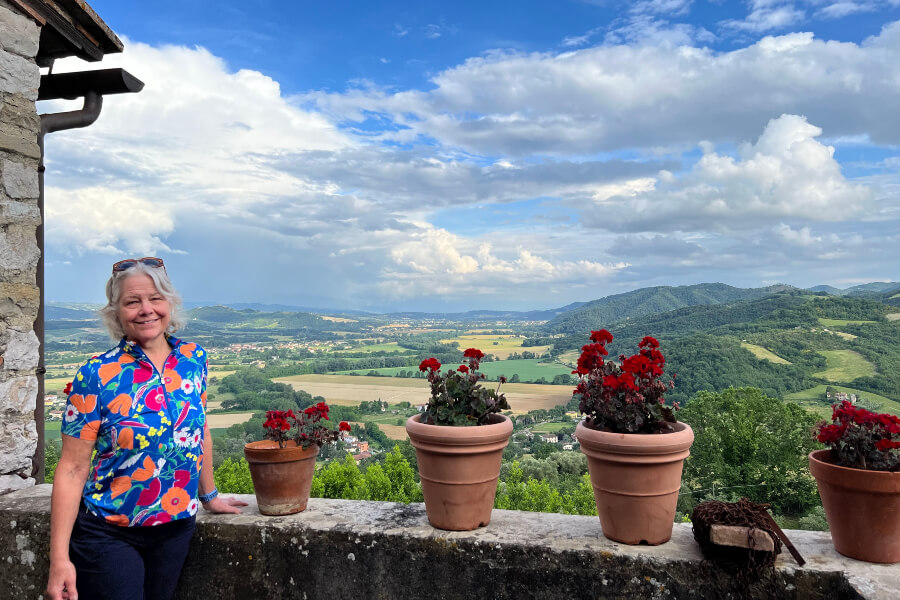
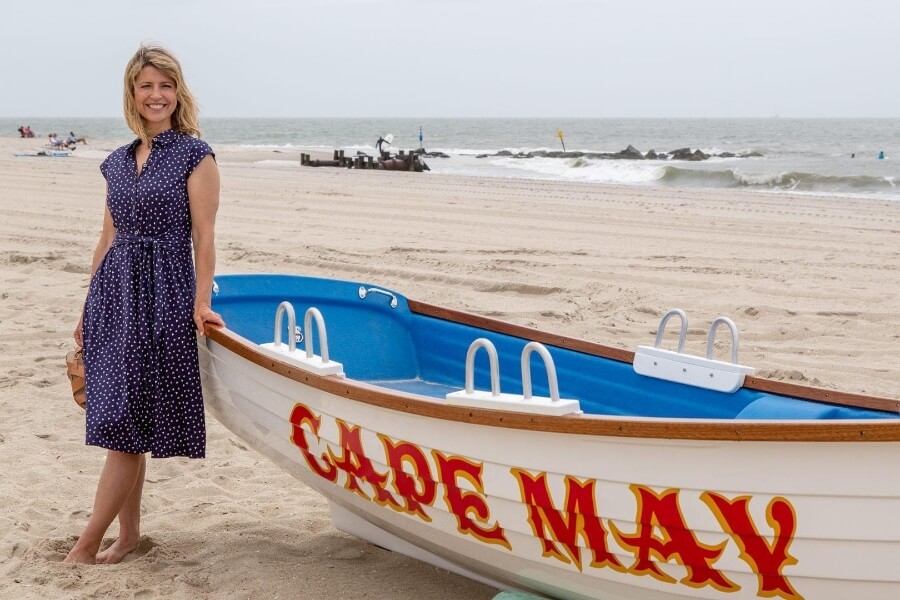
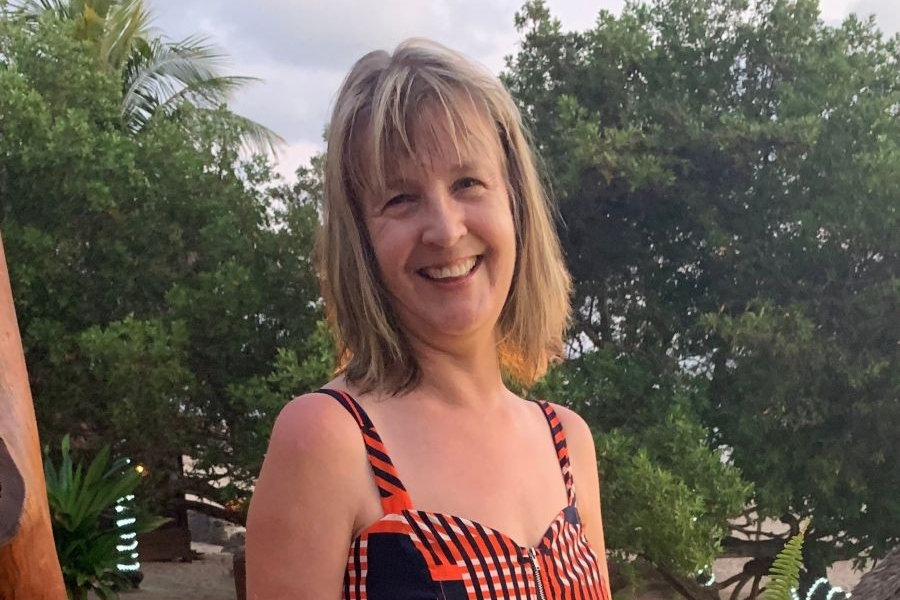

0 Comments